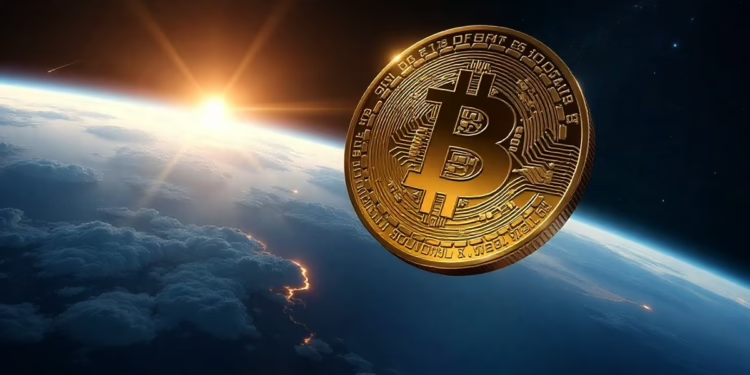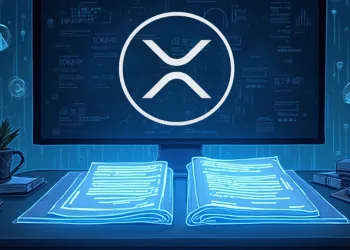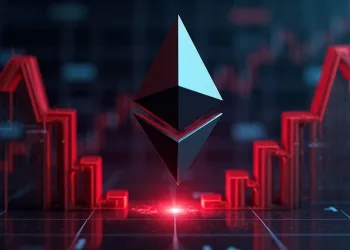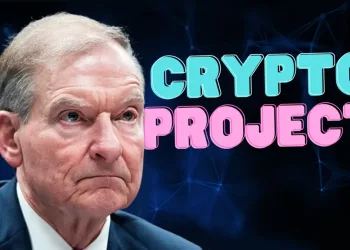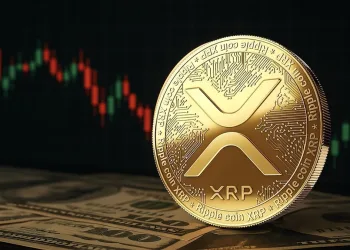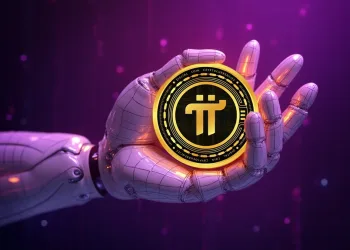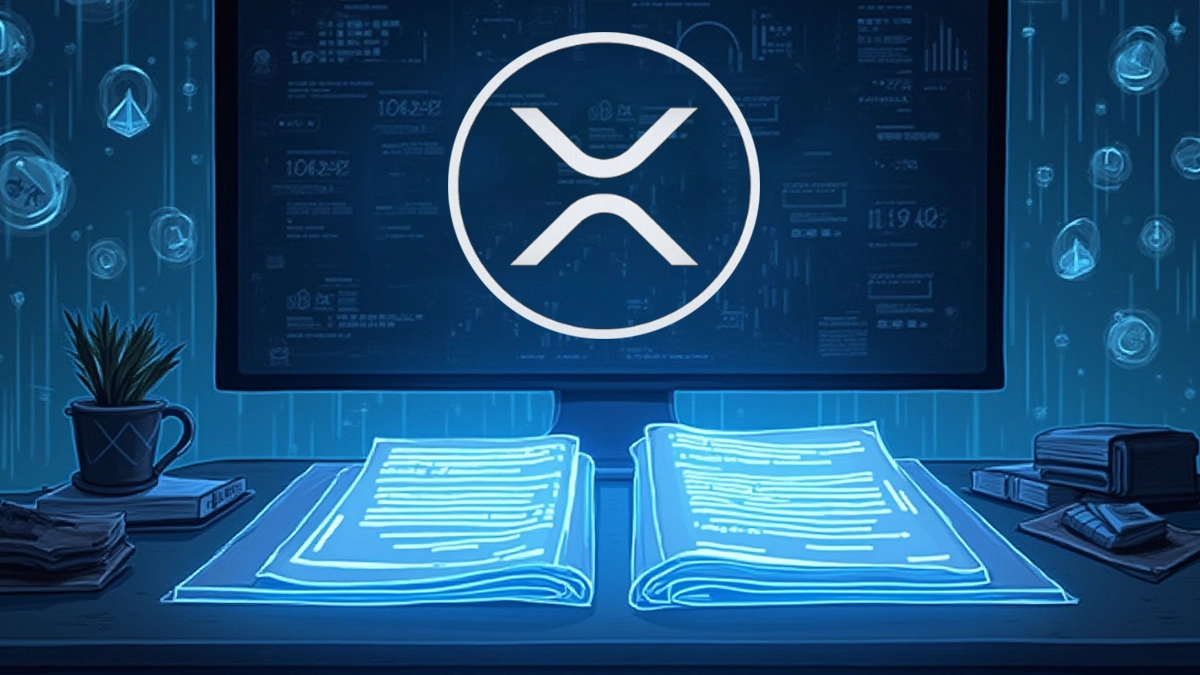- Bitcoin’s acceptance by institutions became more significant as Metaplanet purchased $13.6 million worth of Bitcoin to establish it as a strategic financial reserve.
- Government cryptocurrency initiatives face further scrutiny from regulatory bodies because the SEC investigated Volcano Bonds of El Salvador.
- Investors now prefer to hold Bitcoin for the long term because deposit activity on cryptocurrency exchanges reached its lowest level in seven years.
The global race to position Bitcoin as a strategic reserve asset is gaining momentum. As corporations and governments take diverging approaches, the digital currency’s role in global finance continues to evolve. Some players are increasing their Bitcoin exposure to hedge against economic uncertainties, while others face mounting regulatory scrutiny. In recent developments, Tokyo-based Metaplanet has expanded its Bitcoin holdings, while El Salvador is under pressure from the U.S. Securities and Exchange Commission (SEC) over its Bitcoin-linked bond initiative.
Metaplanet Expands Bitcoin Holdings With $13.6 Million Acquisition
Japanese investment firm Metaplanet increased its BTC holdings by acquiring more than 145 BTC totalling 5,000 BTC while spending $13.6 million. The move announced on April 24 shows how Bitcoin adoption by institutions represents a widespread trend for organizations to hold Bitcoin as a treasury asset. Metaplanet’s ongoing buying spree demonstrates increased belief toward digital assets and potential changes in how businesses across Asia handle their investments.
SEC Scrutiny Puts El Salvador’s Bitcoin Bonds Under Global Spotlight
El Salvador stands under increasing examination as the initial nation implementing Bitcoin as legal tender. Thus,government regulators from the SEC are examining the nature of “Volcano Bonds” because these instruments use Bitcoin as a backing mechanism for funding infrastructure development.
Salvadoran officials claim domestic laws support the bond structure but the SEC involvement demonstrates a growing tendency for international oversight of governments utilizing cryptocurrency initiatives. The resolution may shape El Salvador’s future along with affecting other countries who aim to pursue similar approaches.
New SEC Leadership and Market Reactions
Paul Atkins has officially taken over as SEC chair, replacing Gary Gensler and interim chair Mark Uyeda. While Atkins has committed to strengthening digital asset regulations, it remains uncertain whether this includes increased global coordination or specific changes to Bitcoin policy.
Markets have responded with caution. Metaplanet’s move has sparked both optimism and concern—supporters cite long-term value, while critics worry about added volatility. In El Salvador, the legal challenge may deter foreign investment and influence global policy direction on national crypto strategies.
Exchange Deposits Drop as Holding Trend Strengthens
Recent on-chain data shows Bitcoin owners are decreasing their exchange usage. Exchange deposits through Bitcoin addresses have reached their lowest levels in the past seven years.
According to a 30-day moving average the present number of addresses that send funds stands at 52,000 while the annual average was 71,000 and the ten-year median was 92,000. The same low level of Bitcoin activity has not been observed since December 2016. Long-term ownership trends are rising while traders and cash-out investors have decreased.
What This Means for Bitcoin’s Global Role
The changing status of Bitcoin in worldwide financial operations becomes evident through these recent developments.What drives these entities to invest in Bitcoin at this current time? Who stands to gain or lose from these shifts? The answers are unfolding, but what’s clear is that Bitcoin’s role is being reshaped—not just by technology, but by policy, risk tolerance, and the broader macroeconomic landscape.


